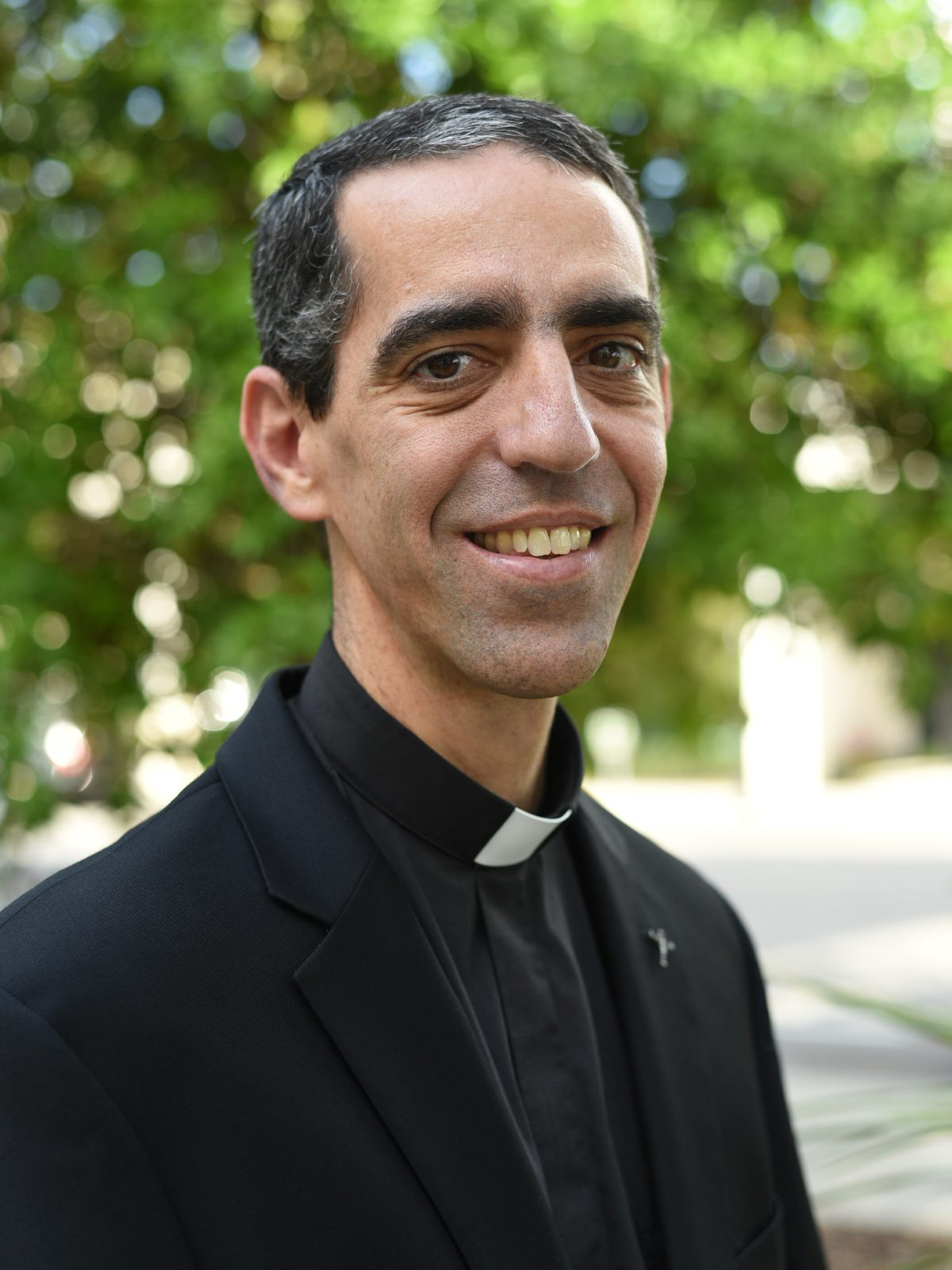The short answer: Jesus commands it. In speaking to the apostles (the predecessors to priests) in the Upper Room after His resurrection, Jesus said, “If you forgive the sins of any, they are forgiven; if you retain the sins of any, they are retained” (Jn 20:23).
How would they know what to forgive or retain if they did not first hear? The Lord offers no other option in the Gospels to be forgiven, no other way to apply the balm of His mercy to our particular wounds. However, He commands it this way because He knows we need it this way.
Every sin hurts the relationships with God, self, and others. For each of those relationships to be repaired, the one who committed the sin needs to verbally state the fault. Difficult as that may be, and because it is difficult, it allows for the person to claim full responsibility for his/her actions and to grow in virtue through humility (who wants to keep apologizing for the same thing?). That sting is eased, though, when they audibly hear the words in return, “I absolve (forgive) you.”
It is not by his own power that the priest forgives sins, but by the power of Christ flowing through him. It is also not himself that he is representing, but rather God and the community to assure the one confessing that the wounded relationships have been reconciled. Where is that same assurance if one only says, “I’m sorry,” in their heart? Little growth results, and no relationship is repaired by such a silent apology.
By Father Matthew Hawkins, parochial administrator of St. Paul Parish in Leesburg, September 09, 2022

